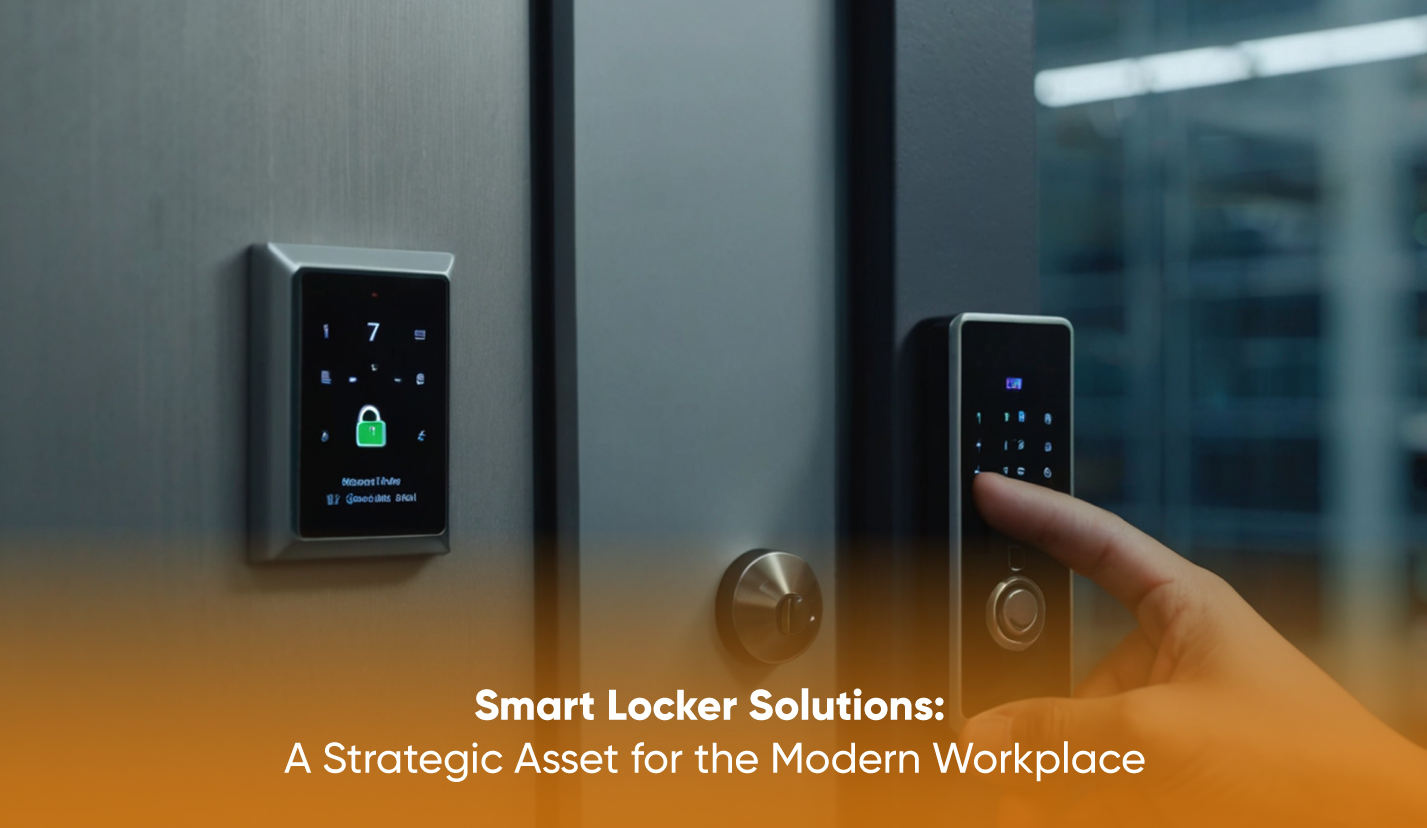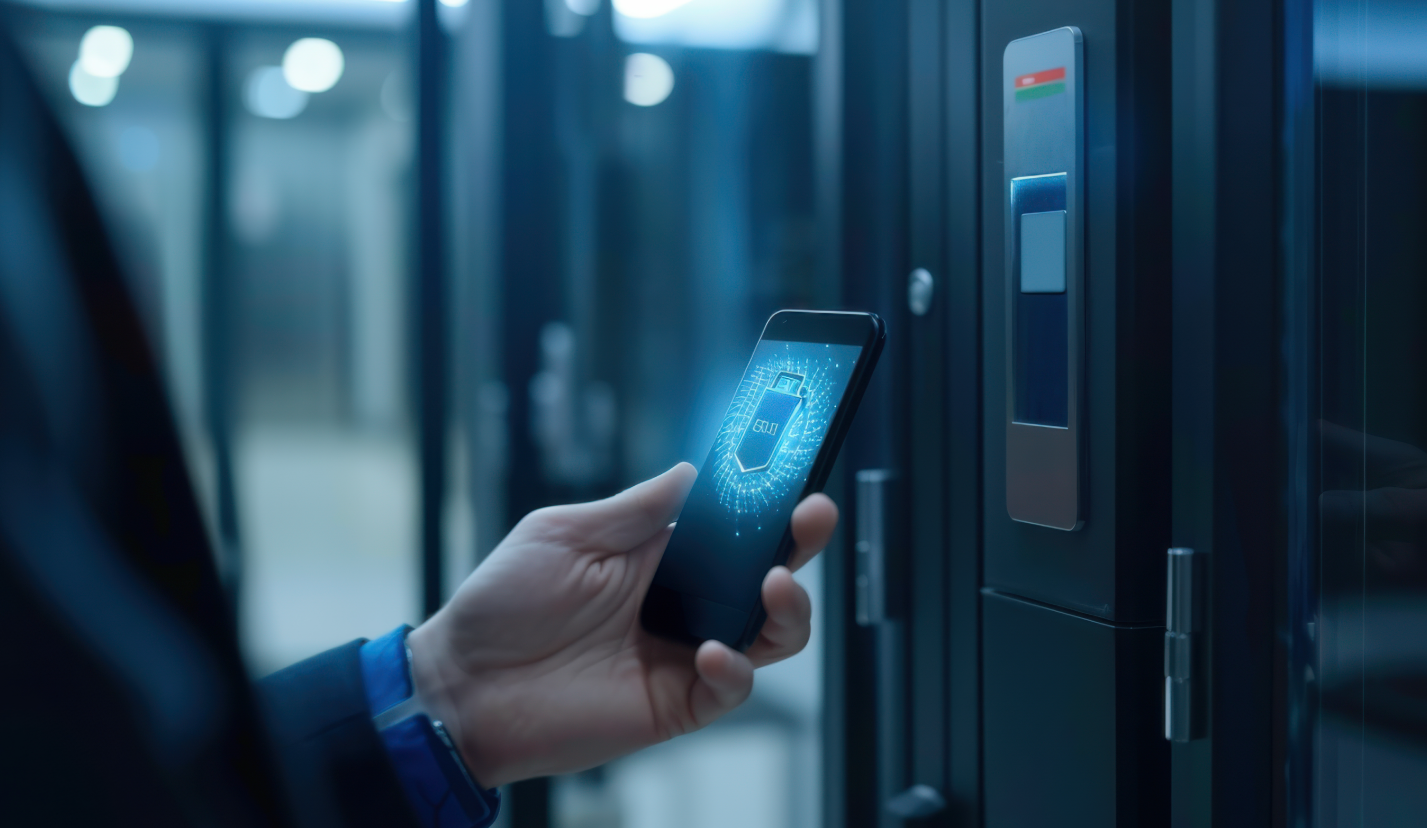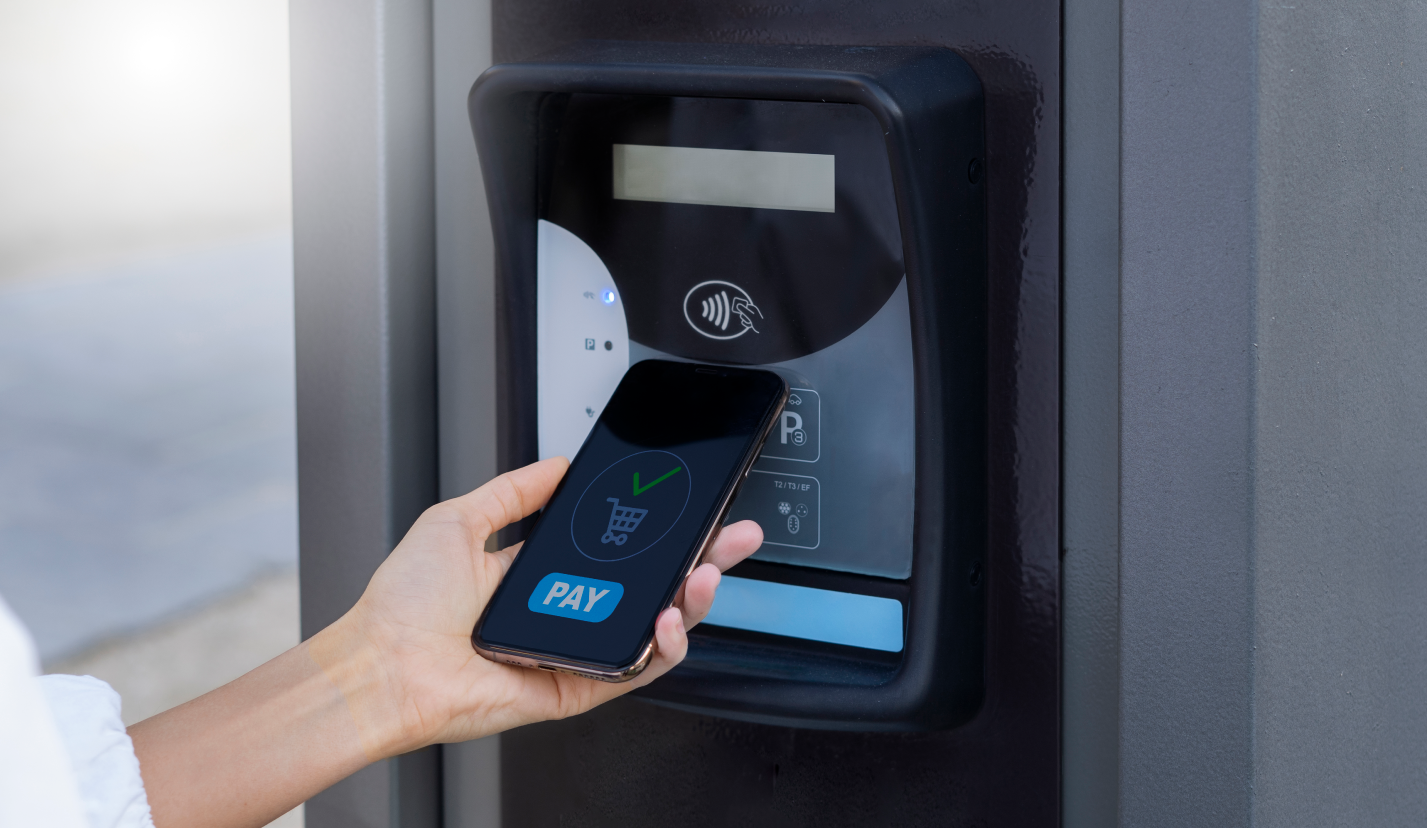Smart Locker Solutions: A Strategic Asset for the Modern Workplace

The workplace today is dynamic, a blend of hybrid schedules, shared spaces, and ever-shifting operational needs. As businesses reimagine how space and technology can support agility, Smart Locker Solutions have become more than just a convenience. They are now a foundational layer of infrastructure, providing seamless access, efficient storage, and improved space management.
Whether you’re building a new facility or updating an existing one, the right locker solution can help unify your access ecosystem, enhance employee experience, and streamline facility operations.
Let’s unpack how Smart Locker Solutions can be evaluated and implemented as a strategic business asset.
Why Smart Locker Solutions Matter More Than Ever
Modern enterprises demand tools that go beyond their primary function. Lockers are no longer static storage spaces; they’re in the employee experience, facilities design, and digital workplace infrastructure. From mobile-first convenience to app-level booking and system-wide insights, Smart Locker Solutions offers the type of utility, control, and adaptability that companies need now. They maximize space, secure assets, and remove friction from daily activities without compromising enterprise IT and security policies.
Centralized vs Stand-alone: Picking the Right Locker Infrastructure
There are two common architectures for Smart Locker Solutions:
Centralized Locker Systems:
One system controls them, with real-time visibility and control between offices or departments. Best suited for larger offices with traffic or multiple user groups.
Stand-alone Smart Lockers:
Stand-alone smart lockers are usually battery-operated and function via a mobile app or keypad, making them ideal for satellite offices, coworking spaces, or temporary setups.
Both options can support mobile app access or QR code unlocking, depending on your company’s access control setup. The right choice will depend on your room layout, IT infrastructure, and how you anticipate locker usage to evolve over time.

Access Control That Integrates, Not Complicates
1. Integration with your existing access management system
2. Support for mobile-based and QR code authentication
3. Flexibility to evolve with your IT stack
Smart locker platforms that support SSO, API integration, and modular workflows make deployment easier and future scaling faster.
Enhancing User Experience Without Adding Complexity
Smart locker systems should be an upgrade, not a disruption. From app-based reservations to intuitive UIs, they should blend into how your employees already interact with technology.
Some features that elevate usability include:
1. Real-time availability and reservation options
2. Configurable locker sharing for team-based or shift-based users
3. Lockers with built-in charging or ergonomic design
Remember, locker interactions are part of your brand’s day-to-day employee experience. A smooth interaction communicates efficiency thoughtfulness and values that matter in retention and recruitment.
Smart Locker Solutions that Simplify Facilities Operations
For facilities and IT teams, locker management has traditionally been a manual and time-consuming task. But with Smart Locker Solutions, automation takes over.
Admin dashboards allow for:
1. Assigning, revoking, or reconfiguring lockers from a single control panel
2. Automating policies (e.g., default locker timeouts or user permissions)
3. Enabling self-service features for users (resetting pins, rebooking, etc.)
Locker usage analytics can inform decisions about space allocation, maintenance planning, and even help with compliance documentation. These are high-value outputs for lean FM teams managing multiple locations.Security and Compliance Built for Enterprise Standards
Data security is non-negotiable, especially when systems store access logs, personal data, or integrate with HR platforms.
Smart Locker Solutions offer:
1. End-to-end encryption
2. Admin-level multi-factor authentication
3. ISO certifications and routine penetration testing
Choose vendors that provide transparent compliance documentation and support internal audits.
Scalable by Design: Growing with Your Business
As organizations grow, or even reconfigure offices, their locker systems should keep pace. That’s where scalability in Smart Locker Solutions becomes essential.
Key questions to ask:
1. Can this solution be deployed across multiple sites with central visibility?
2. Does it support various locker types: personal storage, IT asset check-in/out, parcel drop zones?
3. Can we customize workflows or roles without needing redevelopment?
Whether you’re operating out of a single hub or scaling across cities, a smart locker system should remain flexible and cost-efficient.
Proof of Performance: Looking at Real-World Success
Before choosing a vendor, assess their scale experience. Case studies, deployment timelines, and customer feedback need to be included in your due diligence.
Real-world results such as fewer IT support calls or enhanced asset tracking are surefire indicators of a system’s dependability.

Conclusion: Making Smart Locker Solutions Work for You
Looking to simplify storage and boost productivity? Talk to Aastro today and discover the smart locker setup that fits your business.
FAQs:
1. What are Smart Locker Solutions?
High-tech lockers with secure, app- or contactless-based access, perfect for today’s workplaces.
2. Why are they superior to legacy lockers?
They are automated, traceable, remotely controlled, and integrate with your current systems.
3. Will we be able to use our current access cards or apps?
Yes. Most systems allow integration with RFID, mobile apps, and SSO platforms.
5. Is the system secure?
Yes. Leading vendors follow enterprise-grade security standards such as SSL encryption, MFA, and GDPR compliance.
4. What is the distinction between centralized and stand-alone lockers?
Centralized lockers are controlled from a single dashboard. Independent ones run on batteries and are self-sufficient.
6. Can it scale to multiple locations?
Yes. Cloud-hosted platforms enable centralized control across locations.
